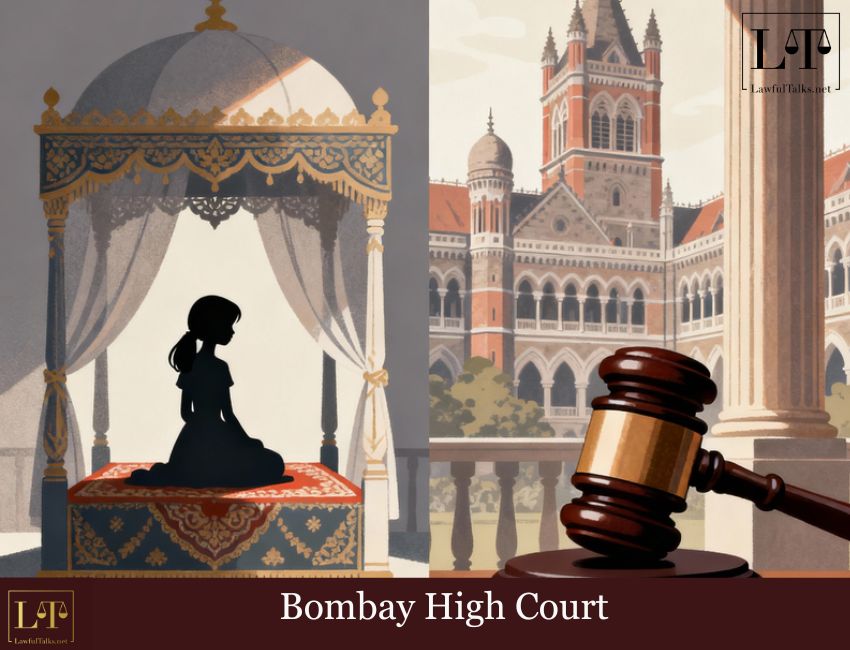Allahabad HC Sets Aside Afzal Ansari's Conviction, Allows Him to Continue as MP

In a recent ruling, the Bombay High Court, through a Division Bench of Justice Urmila Joshi-Phalke and Justice Nandesh Deshpande, refused to quash a First Information Report (FIR) registered under the Protection of Children from Sexual Offences (POCSO) Act and the Prohibition of Child Marriage Act. The Court emphasised that the fact that the victim and the accused subsequently married and even had a child does not dilute the criminality alleged under the special statutes.

Background of the Case
According to the record before the Court, a minor girl had fallen in love with an adult man. The relationship was accepted by both families and, on 2 June 2024, their marriage was performed in accordance with Muslim rites. At the time of marriage, however, the girl was below 18 years of age, and when she delivered a child she was also still a minor.
The accused, now 29 years old, was about 27 at the time of the alleged marriage. He, along with his parents, sought to quash the FIR registered against them under the stringent provisions of the POCSO Act and the Prohibition of Child Marriage Act, arguing that the relationship had been consensual and blessed by both families.
The Judgment
The Bench categorically rejected the plea for quashing the FIR. It held that the accused’s knowledge of the girl’s minority imposed on him a legal duty to refrain from entering into a relationship or taking her away from the custody of her parents. As the Court observed:
“At least, he ought to have understood that he should wait till the girl attains 18 years of age. Then in spite of having knowledge that the girl is minor, when he takes her away from the legal custody of her parents, from that point itself he commits the offence. Merely because now the girl has given birth to the child, we are of the opinion that the acts of the applicants cannot be brushed aside.” the bench held in the order.
Referring to the object and purpose of the POCSO Act, the judges noted that the statute is designed to protect children and cannot be overridden by private arrangements or familial acceptance. They quoted with emphasis:
“As the consent of the minor is irrelevant and the stand taken by the Central Government before the Aepx Court also shows that it would be against the mandate of the Constitution of India, as law is not for the individuals but for society at large. If a relief provided under statute could be obtained only by following a certain procedure made therein for that purpose, that procedure must be followed, if he is to obtain that relief. Justice has got to be done according to law.” the judges observed.
In their 18-page order, the judges also took note of the ongoing suo motu public interest litigation before the Supreme Court on the “Right to Privacy of Adolescents” and the affidavit of the Union Government opposing a reduction in the age of consent.
Ultimately, the Bench concluded that this was not a fit case to exercise its inherent powers under Section 482 of the Code of Criminal Procedure. In its words:
“In the light of the above object behind the enactment of Protection of Children from Sexual Offences Act, and considering the victim was minor at the time of marriage, as well as when she was subjected for the physical relationship, we, therefore, do not find this is to be a fit case, where we should exercise our powers under Section 482 of the Code of Criminal Procedure by making the case as of exceptional circumstance.
The application stands rejected.”
CASE TITLE: MABRB vs State of Maharashtra (Criminal Application 1128 of 2025)

Het Dedhia
3rd Year Law Student from SVKM's Pravin Gandhi College of Law
Latest Posts
Categories
- International News 19 Posts
- Supreme Court 390 Posts
- High Courts 383 Posts



















































































































































































































































































































































































































































































































































































































































































































































































































